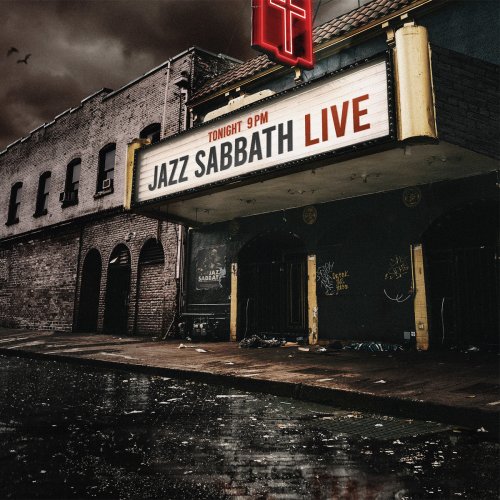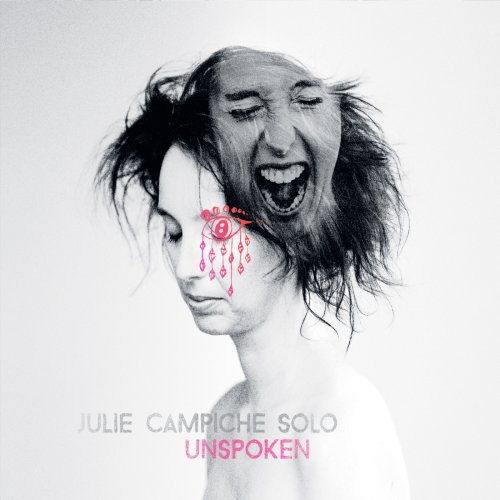Fabio Biondi & Europa Galante - Vivaldi: L’Oracolo in Messenia (2012)
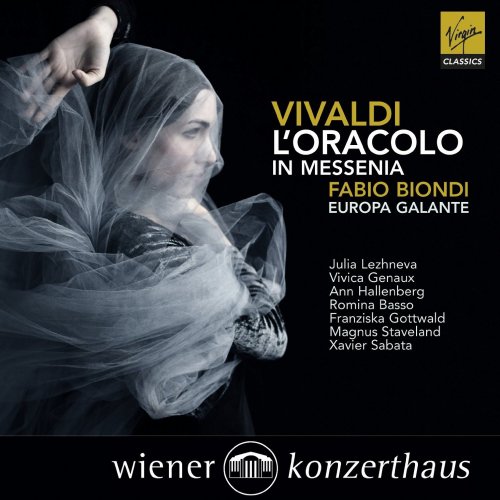
Artist: Fabio Biondi, Europa Galante, Julia Lezhneva, Ann Hallenberg, Vivica Genaux, Romina Basso, Franziska Gottwald, Xavier Sabata, Magnus Staveland
Title: Vivaldi: L’Oracolo in Messenia
Year Of Release: 2012
Label: Erato
Genre: Classical
Quality: FLAC (image + .cue, log, artwork)
Total Time: 2:36:43
Total Size: 880 MB
WebSite: Album Preview
Tracklist:Title: Vivaldi: L’Oracolo in Messenia
Year Of Release: 2012
Label: Erato
Genre: Classical
Quality: FLAC (image + .cue, log, artwork)
Total Time: 2:36:43
Total Size: 880 MB
WebSite: Album Preview
Disc 1
01. Sinfonia (to 'Griselda' RV718 transp. F major) - I. Allegro (2:02)
02. Sinfonia (to 'Griselda' RV718 transp. F major) - II. Largo (2:20)
03. Sinfonia (to 'Griselda' RV718 transp. F major) - III. Allegro (0:36)
Atto Primo
04. Scena 1: Questa e Messene (Epitide) (1:23)
05. Scena 2: Coro: Su, su, Messeni (Coro, Epitide, Trasimede) (1:13)
06. Scena 2: Signor, che al ricco ammanto (Epitide, Trasimede) (1:14)
07. Scena 3: Sinfonia (0:30)
08. Scena 3: Stanco, o popoli, è il Cielo (Polifonte, Trasimede, Epitide) (2:18)
09. Scena 3: Aria: Dono d'amica sorte (Epitide) (4:56)
10. Scena 4: Ver noi, se non m'inganno (Polifonte, Trasimede) (0:42)
11. Scena 5: Re Polifonte, al cui valor sovrano (Licisco, Polifonte) (2:38)
12. Scena 5: Aria: Non ascolto, che furore (Polifonte) (2:11)
13. Scena 6: Non si lasci sedur candida fede (Licisco) (0:53)
14. Scena 6: Aria: Sinché il tiranno scendere (Licisco) (4:23)
15. Scena 7: Ecco pur giunto il giorno (Merope) (1:34)
16. Scena 8: Recitativo: Regina, era mia pena (Trasimede, Merope) (1:09)
17. Scena 10: Dato dal Ciel ricuserai lo sposo? (Polifonte, Elmira) (0:48)
18. Scena 10: Aria: Se mi vedi nel mio pianto (Elmira) (5:10)
19. Scena 11: Del cor d'Elmira resti la cura ai numi (Polifonte, Merope) (3:42)
20. Scena 11: Aria: Barbaro traditor (Merope) (3:05)
21. Scena 12: Lasciatemi, o custodi (Polifonte, Anassandro) (2:16)
22. Scena 13: Guardie, a me lo straniero! (Polifonte, Epitide) (0:44)
23. Scena 14: Aria: Sarebbe un bel diletto (Epitide) (4:32)
Atto Secondo
24. Scena 1: Arioso: Spiagge amiche, a voi ritorno (Epitide) (1:33)
25. Scena 1: Lascia che al seno (Polifonte, Epitide, Merope, Licisco) (4:10)
26. Scena 1: Aria: No, non meriti pietà (Merope) (3:07)
27. Scena 2: Di Merope dall'ira (Polifonte, Epitide, Licisco) (1:12)
28. Scena 2: Aria: Se al cader del mostro orrendo (Polifonte) (4:56)
29. Scena 3: A me nozze? A me sposa? (Epitide, Licisco) (1:28)
30. Scena 3: Aria: So, ch'è vezzosa (Licisco) (2:35)
31. Scena 5: Dunque Anassandro è in tuo potere? (Merope, Trasimede) (0:31)
32. Scena 6: Voi mi tradiste, inique stelle indegne (Anassandro, Merope, Trasimede) (2:15)
33. Scena 7: Ripensando al dover, pur troppo, oh dei! (Trasimede) (0:26)
34. Scena 7: Aria: Son qual nave (Trasimede) (7:17)
Disc 2
Atto Secondo
01. Scena 8: Lieto, lieto mio core! (Elmira, Epitide) (1:42)
02. Scena 8: Aria: La mia cara speranza (Elmira) (4:21)
03. Scena 9: Merope, or senti (Polifonte, Licisco, Epitide, Trasimede, Merope, Anassandro) (3:24)
04. Scena 10: Aria: Un labbro, un cor non v'è (Merope) (3:16)
05. Scena 11: Messeni: un moglie real (Epitide) (0:43)
06. Scena 11: Aria: Chi condanna il regio sangue (Epitide) (4:43)
07. Scena 12: O amore! O ardir! Sieguo i suoi passi (Licisco, Trasimede, Polifonte, Anassandro) (2:34)
08. Scena 13: Aria: Nel mar così funesta (Polifonte) (4:35)
09. Scena 14: Morrò, ma di mie colpe (Anassandro) (0:24)
10. Scena 14: Aria: Sento già che invendicata (Anassandro) (4:15)
Atto Terzo
11. Scena 1: Non è più tempo, Elmira (Polifonte, Elmira) (1:49)
12. Scena 1: Aria: Spera quest'alma amante (Elmira) (3:00)
13. Scena 2: Ecco Anassandro (Polifonte, Anassandro) (1:47)
14. Scena 2: Aria: Già l'idea del giusto scempio (Polifonte) (2:34)
15. Scena 3: Qui muor l'empio (Licisco, Anassandro) (1:50)
16. Scena 4: Aria: Nell'orror di notte oscura (Licisco) (4:57)
17. Scena 5: A Merope il tiranno un foglio invia? (Merope, Trasimede) (1:21)
18. Scena 5: Aria: S'in campo armato (Trasimede) (5:12)
19. Scena 6: Figlie di giusto sdegno (Merope, Epitide) (3:05)
20. Scena 7: Più non si nieghi il figlio (Epitide, Elmira, Merope) (1:39)
21. Scena 7: Aria: Sposa... non mi conosci? (Epitide) (5:52)
22. Scena 8: Quasi m'intenerì (Merope, Elmira) (1:15)
23. Scena 9 - 10: Fermati: arresta il piè, madre spietata (Polifonte, Merope, Elmira) (0:42)
24. Scena 11: Recitativo accompagnato: Sei dolor, sei furor ciò, che m'ingombra? (Merope) (3:26)
25. Scena 11: Aria: Là sul torbido Acheronte (Merope) (3:39)
26. Scena 12: Recitativo: Strascinata ella venga (Polifonte) (0:19)
27. Scena 13: Merope non aspetta (Merope, Polifonte) (1:13)
28. Scena ultima: Sì, Epitide son io (Epitide, Merope, Polifonte, Anassandro, Trasimede, Licisco, Elmira) (2:18)
29. Scena ultima: Coro: Dopo l'orribile fiero timor (Coro) (0:56)
Virgin Classics present the world-premiere recording of L’Oracolo in Messenia, an opera prepared by Vivaldi for Vienna and now reconstructed by Fabio Biondi. Biondi leads this triumphant performance, which opened the 2011 Resonanzen festival in the Austrian capital with a high-powered cast including Ann Hallenberg, Vivica Genaux and rising soprano Julia Lezhneva.
Vivaldi revised L’Oracolo in Messenia for Vienna in 1740 after its premiere in 1738 in Venice and now Vivaldi expert Fabio Biondi has reconstructed the work from literary and musical sources – notably a libretto recently discovered at the Library of Congress in Washington, DC. This musicological feat follows the example Biondi set with two other Vivaldi operas recorded for Virgin Classics, Bajazet and Ercole sul Termodonte.
Vivaldi hoped for performances of the work in Vienna during Carnival in1741, but in October 1740 the Austrian Emperor, Charles VI, died suddenly and Austria’s theatres were closed for a year of mourning; so Vivaldi’s plans came to nothing and he himself died in Vienna in 1741, alone and poor. L’ Oracolo in Messenia was finally staged in the city in 1742 at the city’s Kärntnertor Theatre, starring Anna Girò, Vivaldi’s favourite prima donna, as Queen Merope.
Appropriately enough, this recording was made in Vienna. It captures the opening performance of the 20th season of the prestigious Resonanzen festival of early music, which takes place at the city’s Konzerthaus. The impressive cast comprises soprano Julia Lezhneva, mezzo sopranos Ann Hallenberg (as Queen Merope), Vivica Genaux, Romina Basso and Franziska Gottwald, counter tenor Xavier Sabata and tenor Magnus Staveland. Fabio Biondi leads his own ensemble, Europa Galante, from the violin. The performance was greeted with a standing ovation and the media were lavish in their praise; indeed the Wiener Zeitung said that: “the festival could not have launched its 20th anniversary in more triumphant fashion”.
Vivaldi revised L’Oracolo in Messenia for Vienna in 1740 after its premiere in 1738 in Venice and now Vivaldi expert Fabio Biondi has reconstructed the work from literary and musical sources – notably a libretto recently discovered at the Library of Congress in Washington, DC. This musicological feat follows the example Biondi set with two other Vivaldi operas recorded for Virgin Classics, Bajazet and Ercole sul Termodonte.
Vivaldi hoped for performances of the work in Vienna during Carnival in1741, but in October 1740 the Austrian Emperor, Charles VI, died suddenly and Austria’s theatres were closed for a year of mourning; so Vivaldi’s plans came to nothing and he himself died in Vienna in 1741, alone and poor. L’ Oracolo in Messenia was finally staged in the city in 1742 at the city’s Kärntnertor Theatre, starring Anna Girò, Vivaldi’s favourite prima donna, as Queen Merope.
Appropriately enough, this recording was made in Vienna. It captures the opening performance of the 20th season of the prestigious Resonanzen festival of early music, which takes place at the city’s Konzerthaus. The impressive cast comprises soprano Julia Lezhneva, mezzo sopranos Ann Hallenberg (as Queen Merope), Vivica Genaux, Romina Basso and Franziska Gottwald, counter tenor Xavier Sabata and tenor Magnus Staveland. Fabio Biondi leads his own ensemble, Europa Galante, from the violin. The performance was greeted with a standing ovation and the media were lavish in their praise; indeed the Wiener Zeitung said that: “the festival could not have launched its 20th anniversary in more triumphant fashion”.
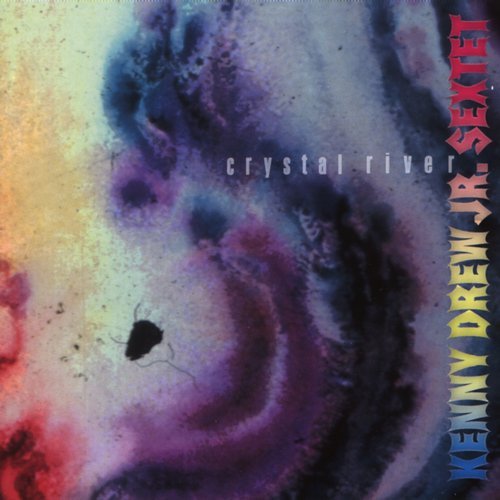
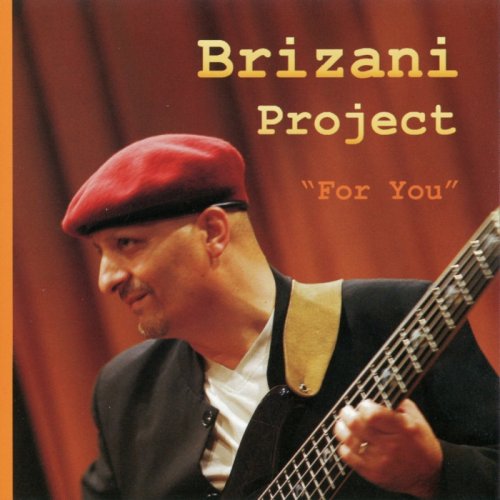
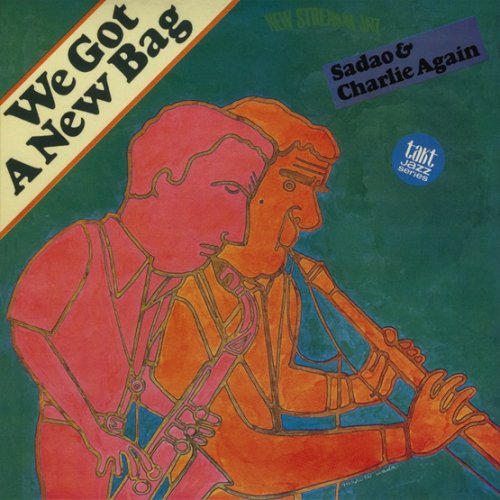
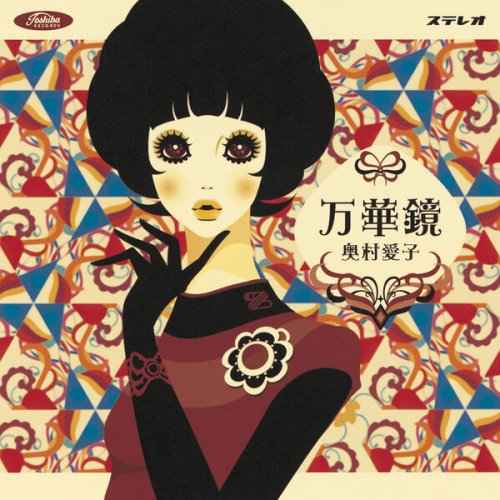
![Juhani Aaltonen - Nostalgia (2026) [Hi-Res] Juhani Aaltonen - Nostalgia (2026) [Hi-Res]](https://img.israbox.com/img/2026-02/20/ocw86a7rfvhkxc576ic9tz17o.jpg)
![Matt Choboter - And Then There Were The Sounds Of Birds (2026) [Hi-Res] Matt Choboter - And Then There Were The Sounds Of Birds (2026) [Hi-Res]](https://www.dibpic.com/uploads/posts/2026-02/1771562657_qb70awhgfhge8_600.jpg)
![The Messthetics & James Brandon Lewis - Deface The Currency (2026) [Hi-Res] The Messthetics & James Brandon Lewis - Deface The Currency (2026) [Hi-Res]](https://www.dibpic.com/uploads/posts/2026-02/1771424652_1.jpg)
